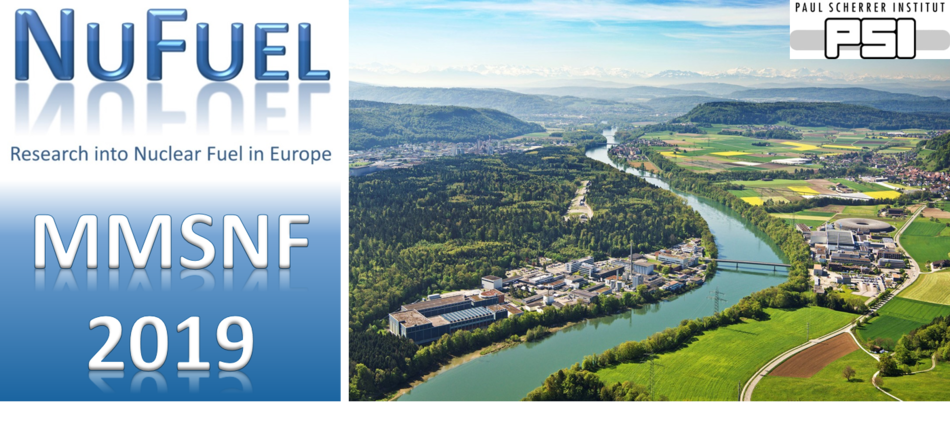Speaker
Description
The two-species Included Phase Model (IPM) has been utilized to simulate percolation of grain boundary fission gas bubbles on two-dimensional hexagonal grids representing (U,Pu)O2 fuel. Simulations were performed in which transport of vacancies and fission gas were coupled with minimization of internal, elastic and interfacial energies on networks of 15-300 grains with a computationally efficient mesoscale technique. An open surface at a boundary allows gas venting and subsequent tunnel collapse. The impact of the stochastic nature of compositional heterogeneity and irregular grain size on macroscopic fuel performance behaviour was explored statistically by analyzing the results of a series of randomly generated cases. The macroscopic fuel performance properties: grain boundary concentration, fission gas release fraction, vacancy fraction, and fractional coverage were analyzed for each case.
Compositional heterogeneity in Mixed Oxide fuel was simulated by randomly distributing plutonium-rich, high fission density grains on a regular hexagonal grid, the proximity of which to the free surface was found to dominate the percolation behavior. Irregular grain size was simulated on equiangular hexagonal grains with irregular edge length and grain area. An analysis of individual edges showed discrete growth modes corresponding to the number of fission gas bubbles which nucleate on each edge. For edges in the bulk, percolation time is most strongly correlated to the edge length, then to a lesser degree grain area and proximity to the open surface.

